High blood pressure can quietly damage your body for many years before symptoms hit. Uncontrolled high blood pressure can cause disability, worsen the quality of your life, and possibly lead to life-threatening heart problems. Lifestyle adjustments and high blood pressure management can help control your hypertension and lower your risk of deadly consequences.
Learn more about the consequences of uncontrolled high blood pressure:
1. Eye damage
High blood pressure is a major risk factor for different eye problems. Uncontrolled hypertension can damage the light-sensitive tissue at the back of your eye. This can result in bleeding, poor vision, or full vision loss.
Another possible complication is fluid accumulation under the retina. This condition is called choroidopathy. It can cause blurred vision or scarring that compromises vision. High blood pressure may also damage the nerves in your eye causing optic neuropathy. This can result in hemorrhage or complete vision loss.
2. Arteries damage
Normally, your arteries are flexible and elastic. The inner lining is smooth so the blood can freely flow to all parts of your body. High blood pressure can damage the lining of your arteries. The uneven lining of the arteries makes it easier for the fats from your diet to collect in the arteries, reducing normal blood flow within your body. Your artery walls also become less elastic.
3. Stroke
A stroke is a serious health problem that happens when the flow of blood, oxygen, and nutrients to your brain is restricted. This results in the death of brain cells and permanent brain damage. High blood pressure can cause blood vessels to constrict, burst, or leak. High blood pressure can also lead to the development of blood clots in the arteries that supply your brain with blood, resulting in a stroke.
4. Aneurysm
Hypertension increases the pressure on the walls of your arteries. Because of the persistent pressure of blood flowing through a compromised artery, a piece of artery wall can expand and bulge over time, forming an aneurysm. An aneurysm can burst and lead to potentially deadly internal hemorrhage. Aneurysms can occur in any artery within your body, but they are more common in the biggest artery in your body called the aorta.
5. Gum disease
Blood pressure medications may have a negative effect on the health of your gums. Medications used to treat hypertension can promote gum overgrowth (gingival hyperplasia). If this issue isn’t handled by an experienced dentist early on, it will make tooth cleanings more difficult, allowing plaque to accumulate. This might cause gingivitis, which damages gums that hold your teeth. Untreated gingivitis is a major risk factor for tooth loss.
6. Kidney problems
This form of kidney injury happens when small blood arteries within the kidney become scarred, rendering them unable to filter fluid and waste from your blood properly. Glomerulosclerosis is a condition that can result in renal failure.
One of the most prevalent causes of renal failure is high blood pressure. Damaged blood arteries make it difficult for your kidneys to filter waste from your blood, enabling harmful levels of fluid and waste to build. You may eventually need dialysis or a kidney transplant.
7. Cognitive problems
Uncontrolled blood pressure often results in mild cognitive impairment. This condition can affect your ability to think, remember and learn. Your ability to memorize or understand concepts may also be impaired because of blood pressure.
When high blood pressure restricts the blood flow to your brain, this can result in a specific kind of dementia called vascular dementia. A stroke that blocks the blood supply to the brain can potentially result in vascular dementia.
8. Heart failure
High blood pressure makes your heart work harder to circulate blood throughout your body. The strain on your heart can weaken your heart muscle and make it work less efficiently. Over time, your overstrained heart begins to fail. This can lead to life-threatening complications.
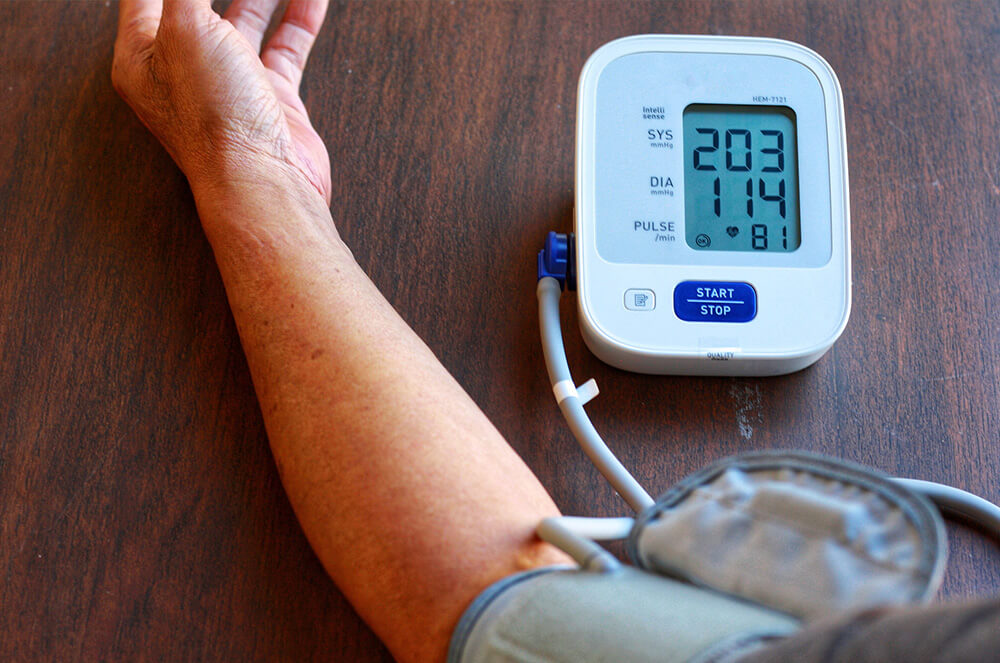









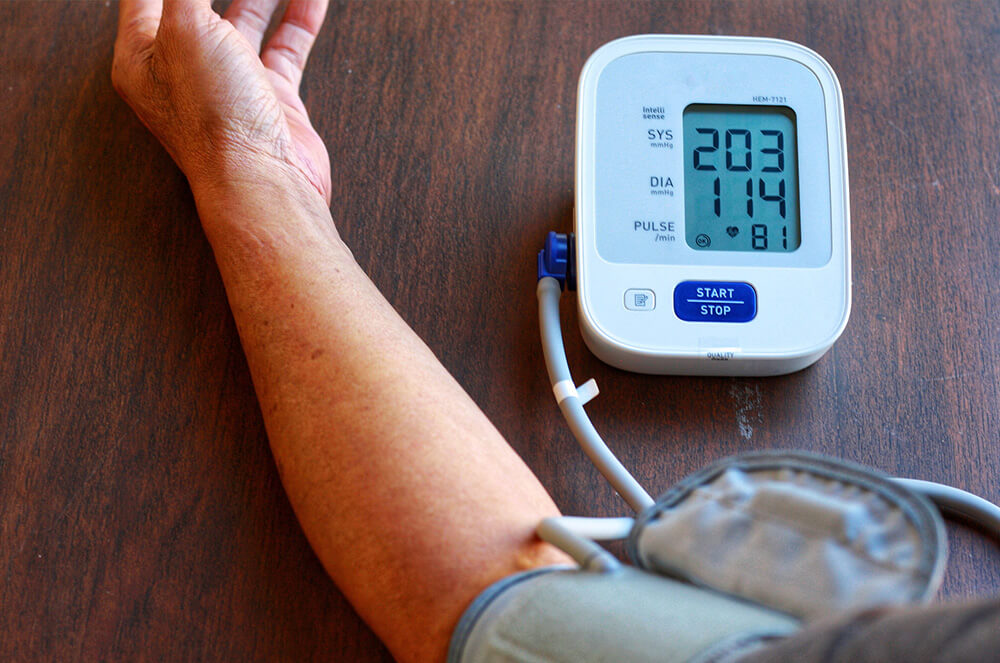
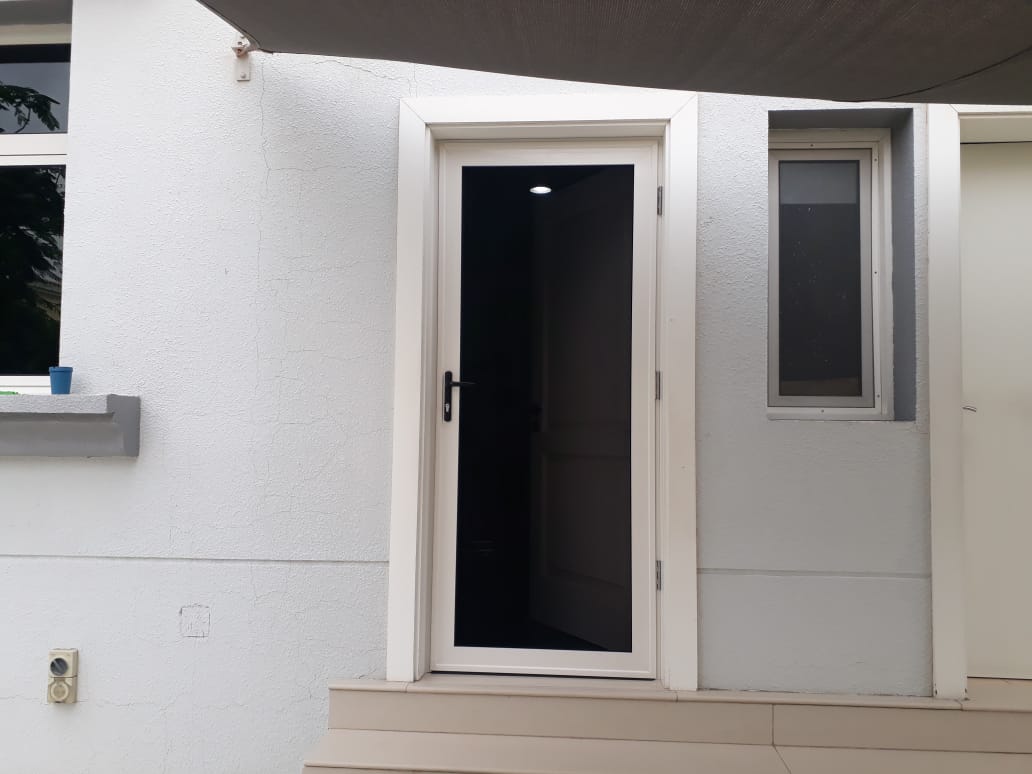





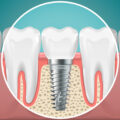




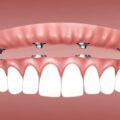


















No Comments